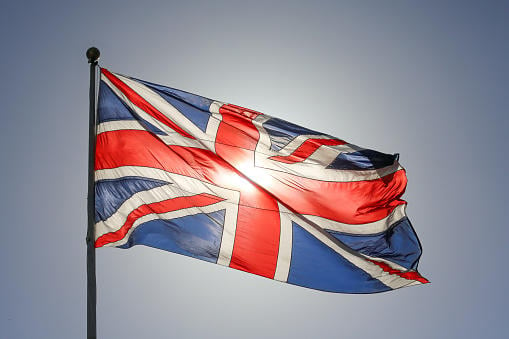The internet has typically been viewed as a sort of free-for-all environment, but that may be changing. Recently, the United Kingdom proposed new legislation to regulate big tech online, which if passed can have major implications for the tech industry as a whole.
In what would be the world’s first “online safety laws,” the new rules would regulate things like social media, file sharing platforms, search engines, public discussion forums for content found that causes “online harm.”
The UK plans to bring on an independent regulator to enforce “stringent new standards.”
Any platforms that don’t regulate hate speech and violent content relating to issues like suicide, cyberbullying, and abuse will be subject to fines. In addition, social media companies specifically have to follow a “duty of care” to protect users, and “could face heavy fines if they fail to deliver.”
In the UK’s press release, digital secretary Jeremy Wright said:
The era of self-regulation for online companies is over. Voluntary actions from industry to tackle online harms have not been applied consistently or gone far enough. Tech can be an incredible force for good and we want the sector to be part of the solution in protecting their users. However, those that fail to do this will face tough action.
The UK isn’t alone in trying to hold social media companies — in particular –responsible. Australia recently introduced a bill that would punish social media platforms who fail to “expeditiously” remove “abhorrent violent material.” That punishment can include prison time for executives.
The current push to regulate big tech might have come from the Christchurch shooting. The shooting was originally live streamed on Facebook and went viral on multiple platforms. What’s notable is that the United States hasn’t done much of anything, so far.
This week, the House Judiciary Committee plans to question Facebook and Google about the rise of white nationalism online. Although questioning platforms publicly is important, there’s no promise that this will amount to any type of regulation.
As the rest of the world begins drafting tough new laws to hold big tech companies responsible, the United States may find itself lingering far behind.

